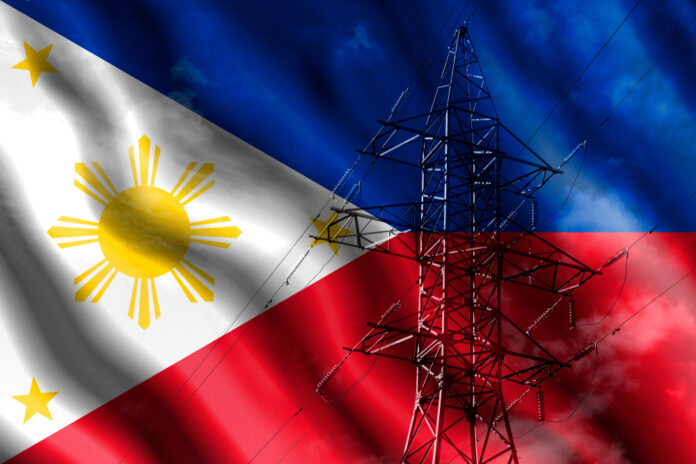A study released by global professional services company GHD, bared that 82 percent of the Philippine energy sector considers security of energy supply as the top concern for their organizations.
Against this background, the Department of Energy (DOE) said the energy sector is gearing towards a “just transition” needing to occur over a reasonable period and should also not compromise economic growth.
The number of power stakeholders in the Philippines that consider security of energy supply as main concern is higher than the global average of 75 percent.
The GHD study said seven in 10 Philippine energy leaders or 71 percent declare that their organizations “are feeling more pressure than ever” from customers looking to reduce their emissions while 79 percent say the energy supply crisis has accelerated their investment in renewable energy.
The GHD study also mentioned that 76 percent of Philippine energy leaders “point to community opposition as one of the biggest barriers to getting new energy projects that could help tackle the crisis approved and off the ground.”
“The Philippines is facing a rapid energy transition and is charting a course into new energy territories with changing energy blends. As a net importer of energy, the Philippines is vulnerable to supply shocks. There is a need for integrated solutions that provide energy security and reduce emissions at the same time as generating low-cost power to fuel continued economic growth. For example, many of the country’s 8,000 islands are dependent on diesel generators – which can be progressively replaced with renewable micro-grids,” said Lucas Blight, GHD Future Energy Leader for Asia.
In a separate venue, Energy Secretary Raphael Lotilla said the government fully supports efforts to transition to cleaner energy sources but emphasized the need for a process that will not burden “an already overburdened Philippine population.”
“We cannot compromise economic growth in addressing the needs of more than 20 percent of the Philippine population which remain below the poverty line. Therefore, transition, the climate transition, in order to be just, must occur over a reasonable period of time. It cannot occur overnight,” Lotilla said at the energy forum hosted by the Embassy of Sweden in Taguig City.
The DOE said there is a need to take full advantage of all sources of energy currently in place and use them in a “wise manner,” including coal-fired power plants and liquefied natural gas.
“What are the implications for our coal-fired power plants? Definitely there is no way of denying that we need them still, but we place them in a trajectory that is clear, that overtime they are going to be replaced. We suffer under no illusion that we can simply, in order to meet the desire to reduce GHG emissions, that we will be able to close them down overnight. The growth in demand will be replaced with RE and more efficient power plants and greener sources of energy,” Lotilla said.







